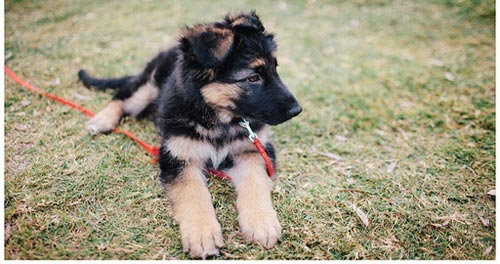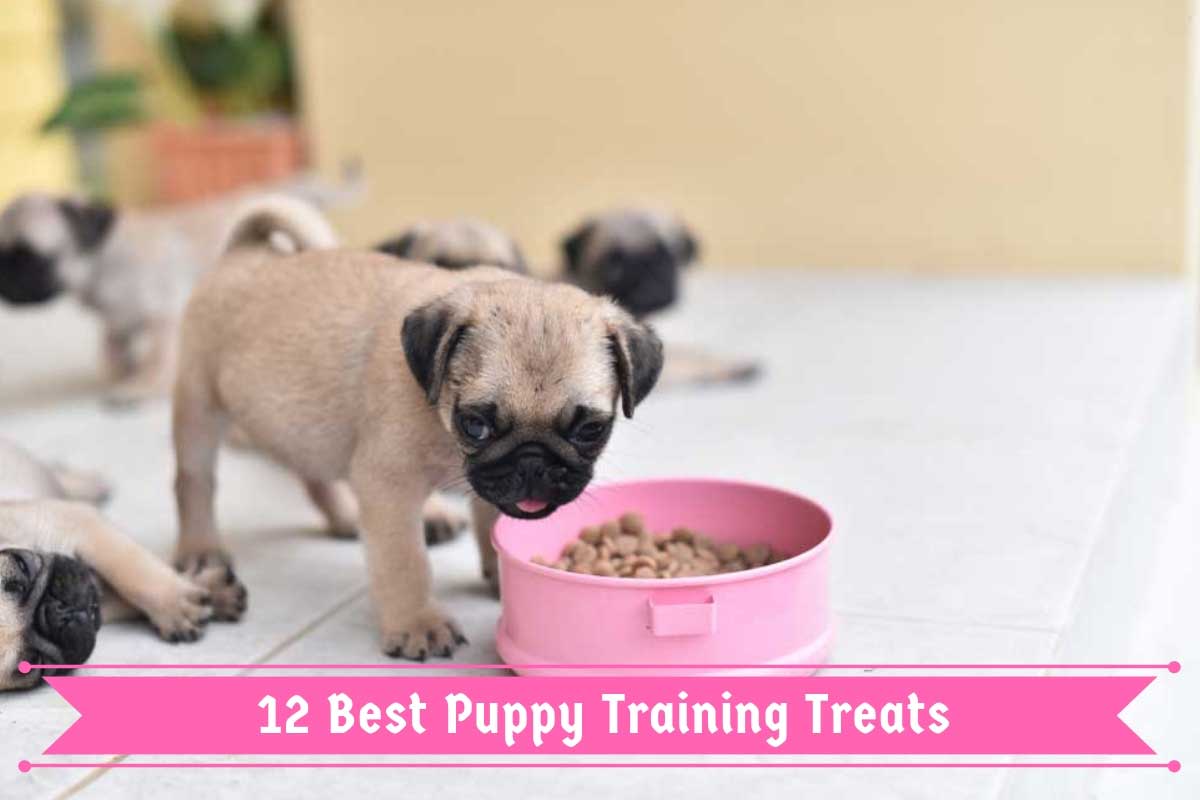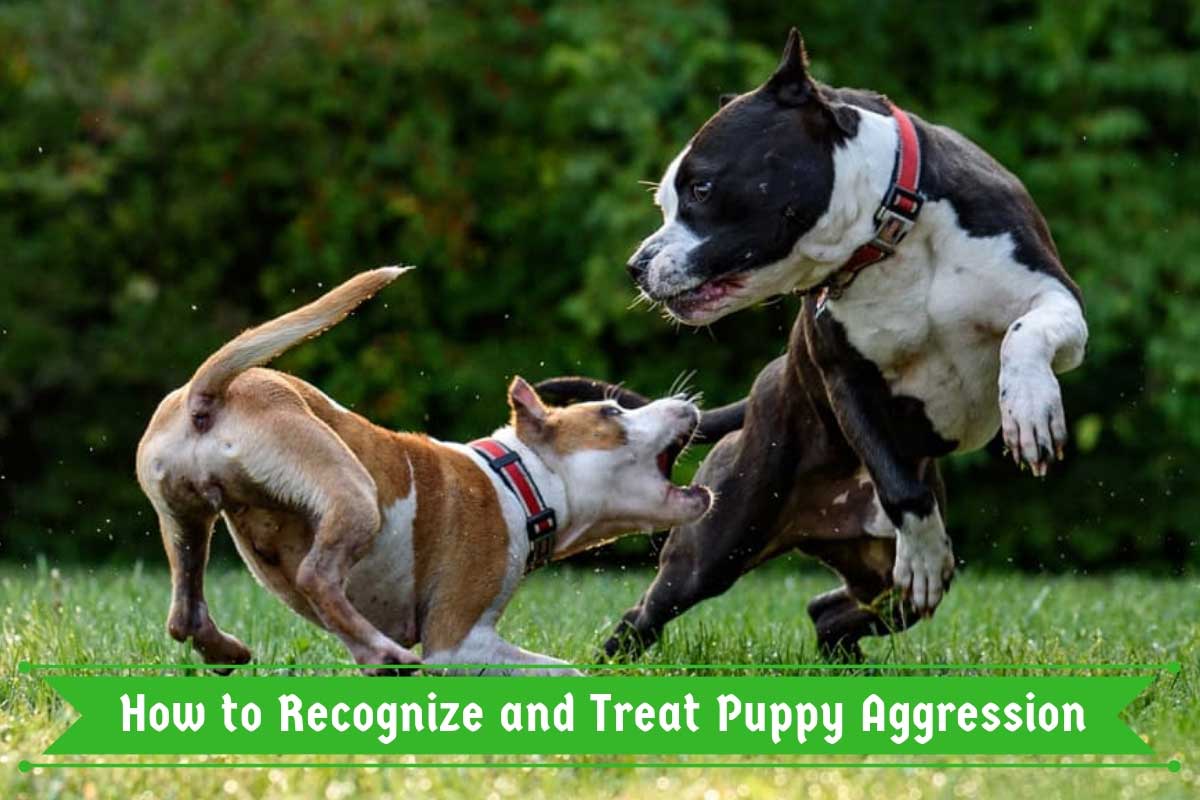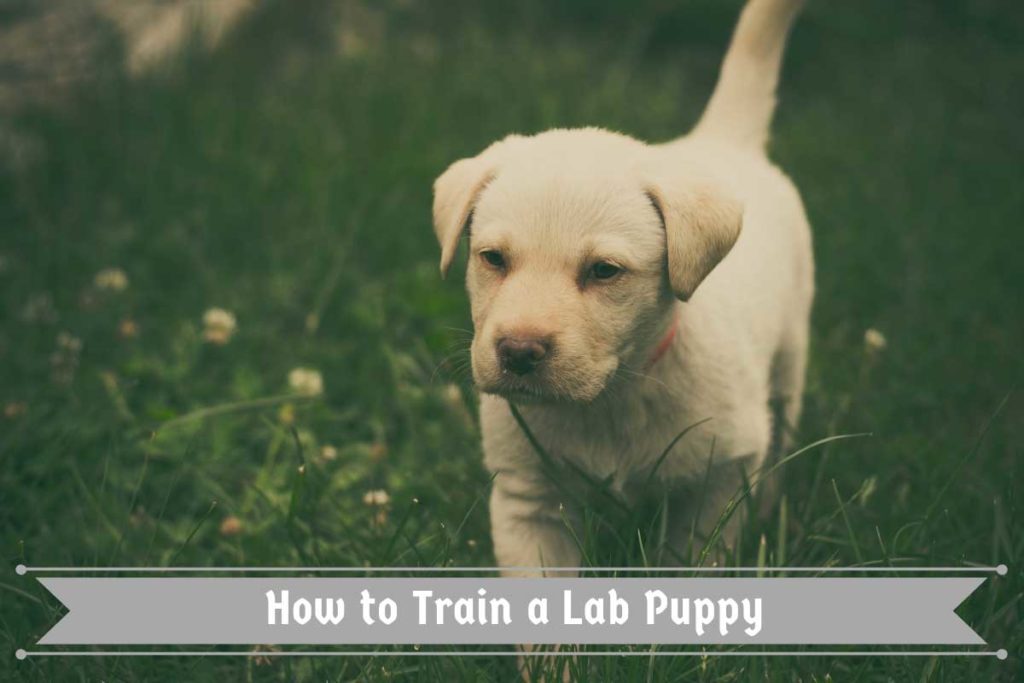
Did you know that labs are in seventh place for the smartest dog breed in the world? This should mean that lab puppies should be easier to train than most, right? Well, we hate to break it to you, but training a Labrador will be pretty much the same as training any other puppy but, with determination and consistency, you should not have a problem training your Labrador puppy. Puppies want to learn, even though they appear to have the attention span of a moth. We’re going to go through four rules for success when it comes to training your lab puppy so they’ll grow into adulthood as a well-rounded pup.
Contents
When should I start training my lab puppy?
There is a lot of conflicting advice out there when it comes to the best time to train your puppy. Some sources insist that you shouldn’t even try to train your puppy until they are six months of age but others claim that you should start training your lab puppy as soon as you bring them home, even if they’re as young as eight weeks. Whatever your preference, we believe that there is nothing wrong with starting to train your pup as soon as they’re brought into the house as long as they’ve reached eight weeks of age. Puppies younger than eight weeks are not capable of learning as they don’t have the cognitive ability to be able to do so yet. Whether you’re purposely trying to teach them new “tricks” or not, you’re training your puppy how to act just by spending time with them every day. When you adopt a puppy, you become the center of their world and they’re constantly looking up to and observing you. So, now that you know this, you might as well start showing them the basics as soon as you can.
Four Rules for Success
When it comes to training your lab puppy, here are four proven rules for success. Although training your lab puppy can be a challenge, we believe that by following these rules, you’ll be able to be confident that your pup is on the right track.
1. Start them early
As stated above, we believe that by starting to train your Labrador pup early, you can ensure that they don’t start to develop habits that are not easily reversed. Ideally, you can prevent problems before they even begin or can correct them when they first emerge. Puppy classes are generally recommended as soon as your pup has received all of their shots, and for good reason. Young puppy classes are focused on socialization before anything else. Socializing your Labrador puppy in the first two to three months is crucial. Puppies that are not well socialized during these first few months are more likely to associate new situations, including people and other dogs, with fear. If they’re socialized as much as possible from day one, they won’t know any different and won’t develop a fear of socialization. Early puppy classes will also focus on teaching your pup how to play with both humans and other dogs safely which helps you to teach them from the get go to discourage excessive puppy play biting.
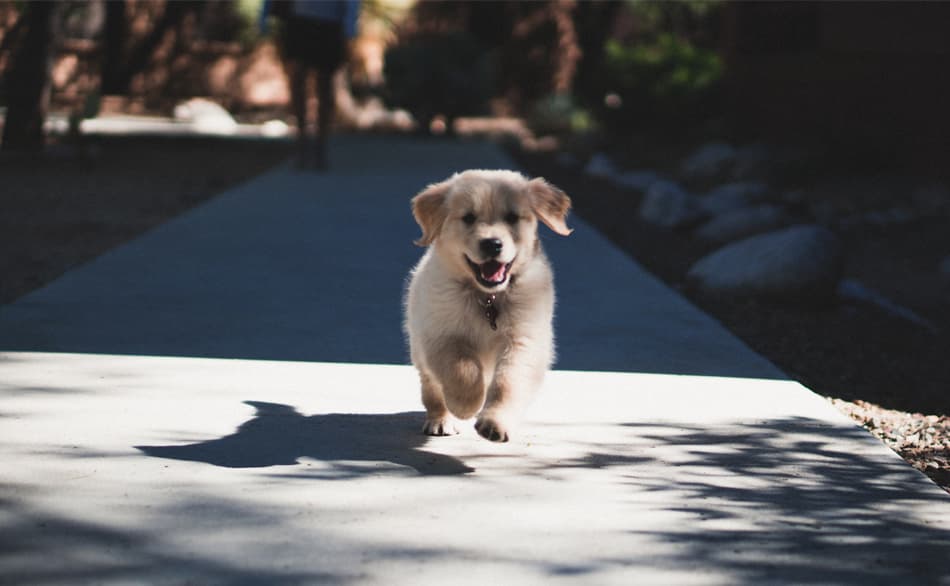
2. Stay on top of potty training
Potty training is not something you want to be lax about. It’s easy to try to excuse your puppy having accidents for those first few months and assure yourself that they’ll grow out of it. Unfortunately, that just isn’t the case. Your puppy isn’t going to naturally grow out of accidents. The reason why full-grown dogs have ceased having accidents is because they were trained diligently not to do so – it doesn’t come naturally to not want to mark their territory everywhere, whether it be inside or outside. In fact, it’s the opposite. While male puppies in particular may not feel the need to mark their territory, odds are that the urge is going to increase as they get older and start developing hormones – especially if they aren’t neutered. Therefore, they need to know that marking their territory will never be an option, despite what their natural urges may be telling them. Marking their territory is a way for puppies to mark something as their own and to let other dogs know that they have been there.
When it comes to potty training your lab puppy, there are a few diligent rules that you need to follow:
- Reward, reward, reward – Take your lab puppy outside to relieve themselves at least every two hours. When your puppy does successfully go to the bathroom outside, you basically need to throw them a party every time. Get super excited, let your puppy know that they did a great job, and reward them with a treat that they wouldn’t get any other time. If your puppy sees that they will get an awesome reward every time they go outside, they’re going to quickly learn what gets them the reward.
- Correct, correct, correct – When you catch your lab puppy starting to eliminate inside the house, quickly interrupt what they’re doing and take them outside. When they’ve successfully finished eliminating outside, follow the above steps and reward them. However, if you haven’t witnessed them peeing inside the house, there’s nothing you can do. Don’t get mad at them as they’re not going to have any idea why you’re angry. Calmly clean up the mess (preferably with a pet odor remover that will not encourage them to remark the next time) and start over.
- Supervise, supervise, supervise – Since you’re not going to be able to correct your pup if you don’t see them eliminating in the house, do not leave them to wander around unsupervised. If your puppy knows that you’re watching them, they’re a lot less likely to go and relieve themselves in places where they’re starting to learn they’re not supposed to. Do not let your pup out of your sight until you know that this house-training business is completely under control – otherwise, you may continuously be set back a few steps.
3. Establish regular training sessions
Establish regular training sessions that last no more than five minutes at a time. As stated, it’s not that your puppy doesn’t want to learn – it’s that they have the attention span of a moth. Make sure your puppy has been fed and exercised first so that they are not being set up for failure in terms of being able to concentrate and learn. You don’t need to have training sessions every day but make to do them consistently at least a few days a week. There is no need to rush your puppy’s training as you want them to be comfortable with developing their new habits that are life-long and come naturally to them.
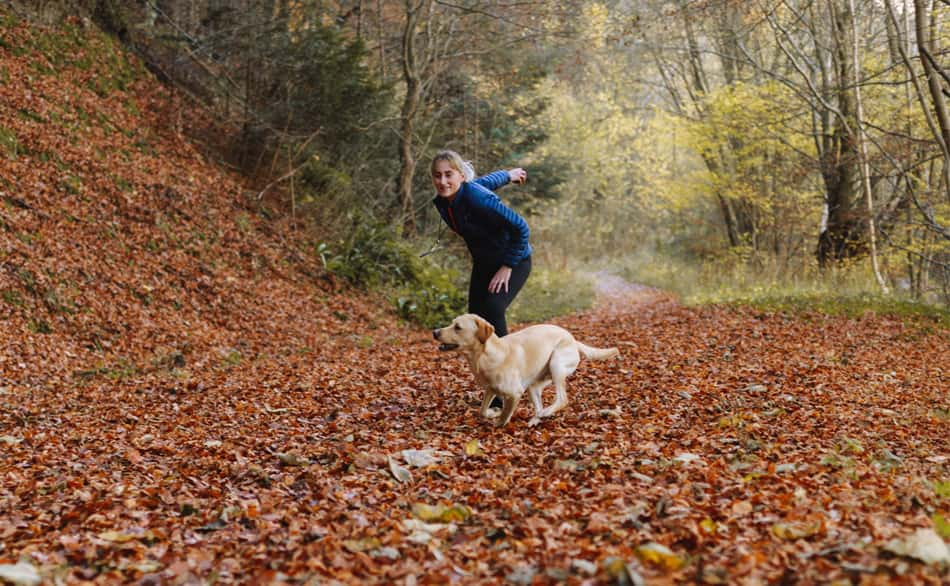
As mentioned above, there are times where it is best to not be training your Labrador pup so that you have the best chance of setting them up for success. Some of these times include:
- When your puppy has a ton of energy – This probably means that they haven’t had a good walk and/or that they have just spent a few hours in their crates. Your puppy needs to be able to concentrate on what you’re teaching them, regardless of if it’s only in five-minute intervals – and them being full of beans while you’re trying to do so isn’t the answer!
- Right after they have eaten
- If you have guests over
- If the pup is tired
To sum up, if your puppy is feeling overly hyper, tired, full, or distracted, avoid having training sessions at this time. It’s important to set your puppy up for success before you start your training sessions so you’re increasing their chances that they’ll be able to absorb the information that you’re trying to teach them faster and more efficiently.
4. Use force free training methods
When training your young lab puppy (or even when you’re training your older pup), you should never use forceful methods of dog training. This means any sort of physical punishment, yelling, acts like rubbing your pup’s nose in it when they eliminate inside, etc. Instead, use positive reinforcement and reward your pup when they do something right instead of instilling fear into them when they do something wrong. In short, training methods that involve using any kind of force will both jeopardize your relationship with your pup and decrease their ability to be able to learn effectively. Punishment simply results in fear, which in turn can cause more behavioral issues with your pup as they may start to develop fear and mistrust of humans. After all, if they can’t trust you, their owner and best friend, who can they trust? Aggression can also come out of fear so avoid this behavior on your part. Not only can it cause these behavioral problems, but also because there is a much better way to go about training that benefits both you and your lab pup.
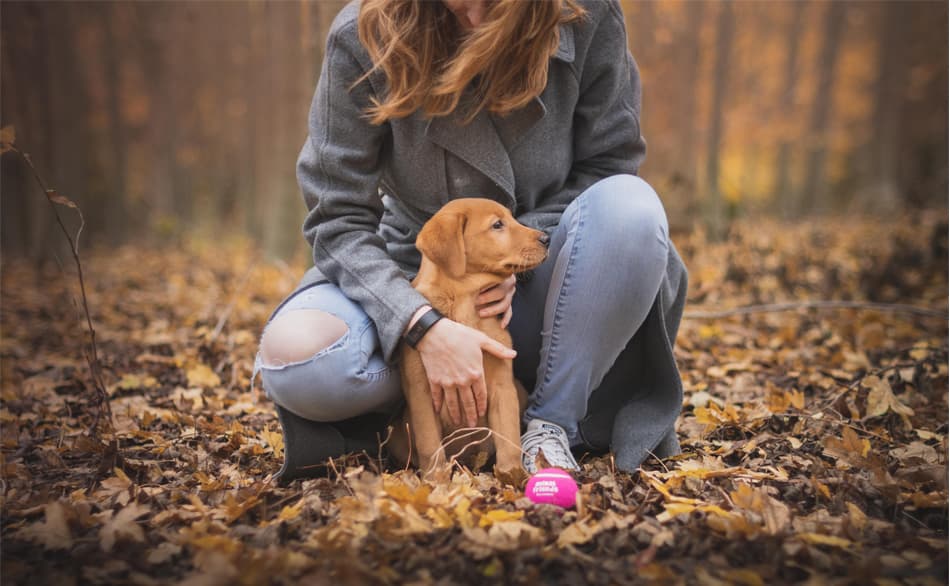
When your puppy does misbehave, there’s no need to completely lose your cool. Give them a stern “no” and refrain from giving them attention, depending, of course, on how they misbehaved. If this is a case where your puppy is getting overly excited and excessively barking or biting, this method can work quite well. Once they have successfully calmed down, you can reward their good behavior with your attention and/or a treat. Remember, your puppy wants your attention more than anything so it’s not just physical treats that you can give as a reward! As mentioned above, if your puppy eliminates inside, don’t yell at them and do nothing to correct the behavior. Instead, take them outside mid-act and then reward them once they’ve completed their business outside. Your puppy should never be fearful of you – after all, you’re trying to develop a bond that will last for a lifetime and mutual trust is key for being able to develop that bond. If you’re happy, your pup will be happy. It knows if you’re happy by the positive reinforcement you’re giving them when they do something right.When it comes to training your lab puppy, consistency is key. You can’t be hit and miss with the rules above – you have to be consistent, teaching them the same behavior every single time. You can’t start rewarding your pup for doing something right and then stop once you think they’ve got the point. Once the puppy gets older, it’s usually not necessary to reward them going to the bathroom outside each time they do it but you do want to make sure that the behavior doesn’t revert. While your lab puppy wants to please you more than anything, keep in mind that they are just that – a puppy. They’re not going to be perfect and some lab puppies may take longer to train than others. It depends on a variety of factors and each puppy is different. Just remember, it is your responsibility to train your puppy and, at the end of the day, they really are your best friend. Show them the respect and care they deserve and they will show it right back to you. All your puppy wants to do is make you happy so of course they are going to want to engage in behavior that does so. All it takes is a little practice and patience!
I grew up in a household that was filled with animals. I believe that my fate as a dog-loving person was sealed in early childhood since my parents owned several dogs of varying sizes and breeds. There was no choice but to take care of and learn about dog habits and the best animal care practices — otherwise, I’d be clueless about how to go about the creatures I was surrounded by day and night.
As a life-long puppy lover, I know a thing or two about dogs and how to go about caring for them in the best way possible. Although I’m not a professionally trained dog behaviorist, trainer, or veterinarian, all of my knowledge and experience with canines comes from a place of love and a deep-rooted passion for dogs and animals in general.
Seeing as dogs kept me company throughout every stage of my life, I decided to follow a different path in my academic life and obtained a Bachelor’s and Master’s degrees in Marketing Management and Digital Advertising, which ultimately allowed me to combine my professional training and personal experience by creating the ultimate dog lover’s resource website! Along with my husband, Dave, I run MySweetPuppy for like-minded dog lovers who want to have a single, clear, and reliable information source about anything and everything related to dogs and their well-being.

